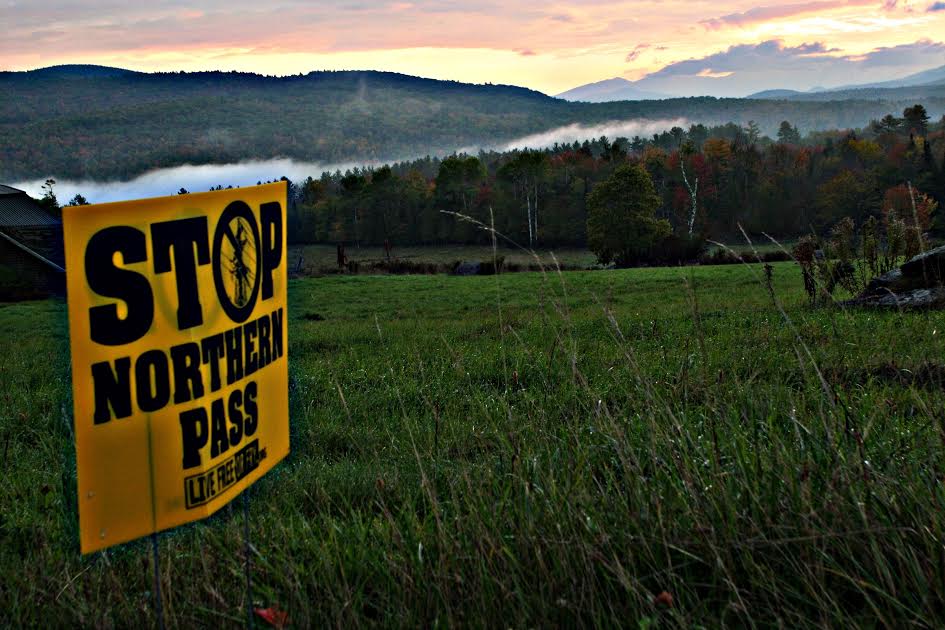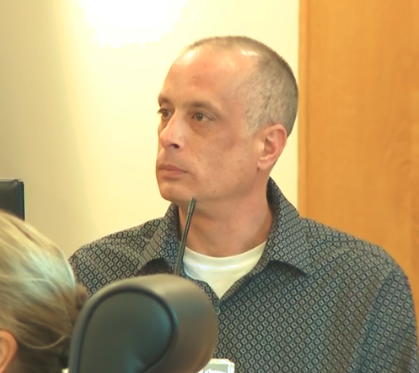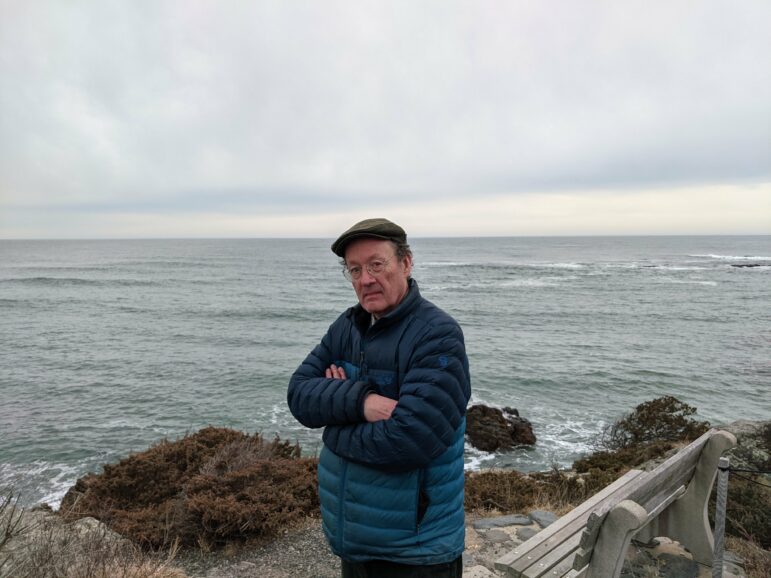By Nancy West
Northern Pass is not giving up on getting internal documents from the Society for the Protection of New Hampshire Forests detailing what prompted the organization’s opposition to the controversial plan.
Northern Pass had asked the Site Evaluation Committee to order the Forest Society to turn over internal documents. Wednesday, the S.E.C. rejected that request.
And before the day was done Northern Pass filed a second motion seeking similar documents from the Forest Society. An S.E.C. subcommittee will decide whether the 192-mile, extra-high voltage project will go ahead.
Northern Pass had asked the Forest Society be required to produce all documents relating to its Board of Trustees vote in January 2011 to oppose Northern Pass as proposed and the board’s decision to update its position in September 2013.
S.E.C. Presiding Officer Martin Honigberg denied Northern Pass’ Jan. 19 motion to compel, saying it “fails to set forth any facts or legal arguments that warrant an order compelling production.”
Northern Pass’ motion was a general request, Honigberg wrote, and “does not explain how internal documents or communications by members of the Forest Society from 2010 to the present, pertain to the issues before the subcommittee.”
The Forest Society’s positions regarding the project are included in its pre-filed testimony, and Northern Pass will have an opportunity to question the Forest Society’s witnesses at technical sessions and at the adjudicative hearing, Honigberg wrote.
Northern Pass’ new motion to compel data filed Wednesday includes questions raised by the project at a Jan. 19 technical session in Concord. Northern Pass questioned Forest Society President Jane Difley that day about the process leading to its opposition of Northern Pass.
“Ms. Difley explained that SPNHF has an internal Policy Committee that reviews potential or proposed projects and makes recommendations to the Board of Trustees,” the new motion states.
She indicated the policy committee does not have a written set of procedures for evaluating projects, but rather it looks at issues that are of concern.
Northern Pass’ data requests at issue seek information that would assist them, as well as the subcommittee, understand the positions in the Forest Society’s pre-filed testimony related to its overall position on the project, the motion states.
The Forest Society had objected to turning over those documents saying they are protected by the work-product privilege, the attorney-client privilege, and other privileges.
Northern Pass insisted the material should be released because it may help the subcommittee decide the merit of the witness’ statements.
Denying Northern Pass’ access to them would also hinder its ability to cross-examine the Forest Society’s witnesses, the motion argues.
Martin Murray did not respond to an email seeking comment from Northern Pass.
Northern Pass’ plan would bring 1,090 megawatts of energy from Hydro-Québec’s hydroelectric plants in Canada to New Hampshire and on to the New England grid.
Northern Pass says the project would reduce electricity costs, provide jobs and millions of dollars in state and local tax revenue. Opponents say any reduction in electric rates would be negligible, the jobs would be temporary and the project would hurt tourism and property values.
Another round of technical sessions will be scheduled soon in Concord, according to Pamela Monroe, administrator of the state Site Evaluation Committee.
The sessions will begin this month and last at least a dozen days, Monroe said.
The technical sessions allow Northern Pass and the 24 intervenor groups to share information in the discovery phase of the long legal process. The SEC subcommittee only hears motions and makes rulings in the informal technical session process when the parties can’t agree on what information must be turned over to the other side.
The adjudicatory hearings, which resemble court proceedings, will start in April and last about 30 days into the summer. A final decision must be made by Sept. 30. The project must also obtain federal approval.





